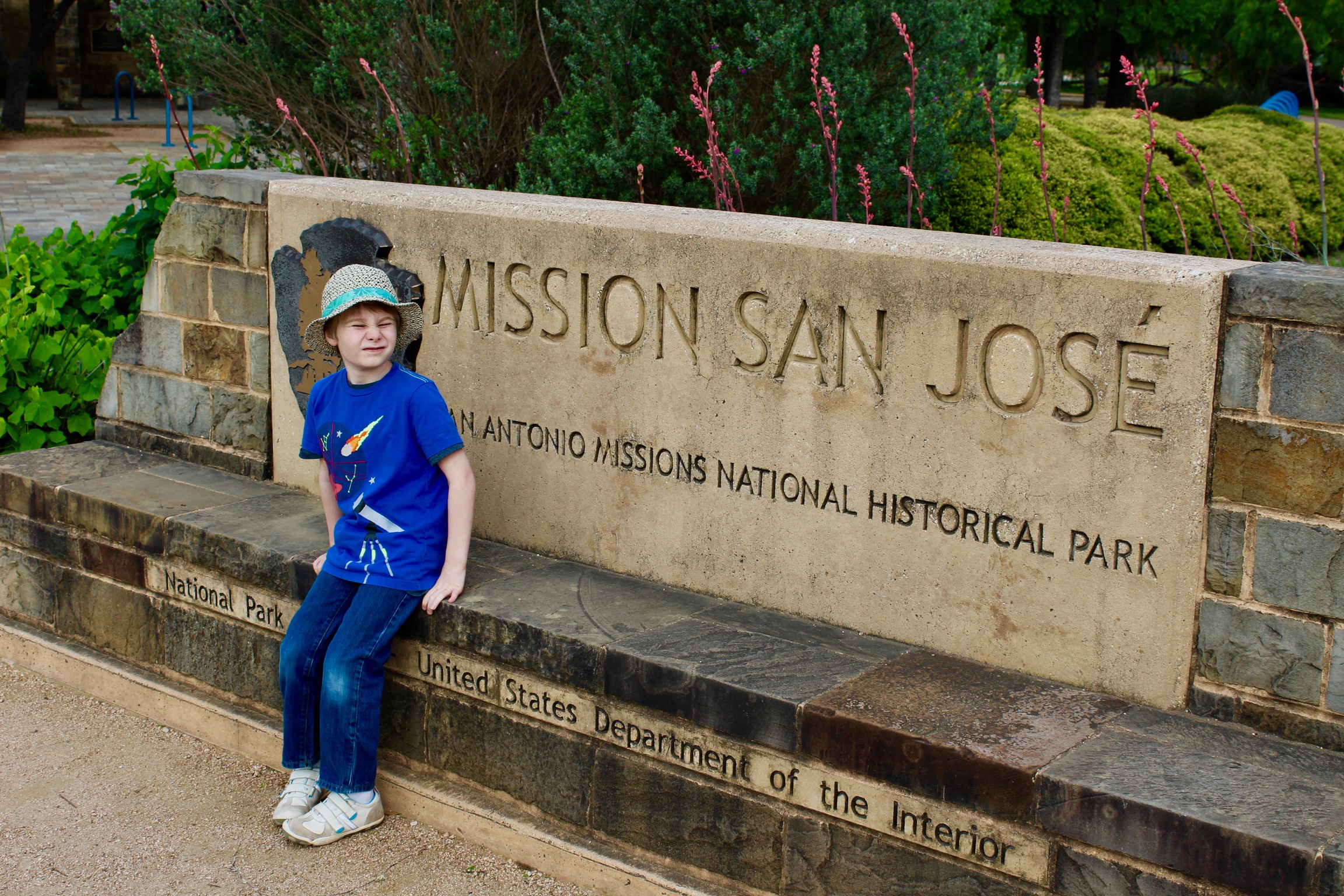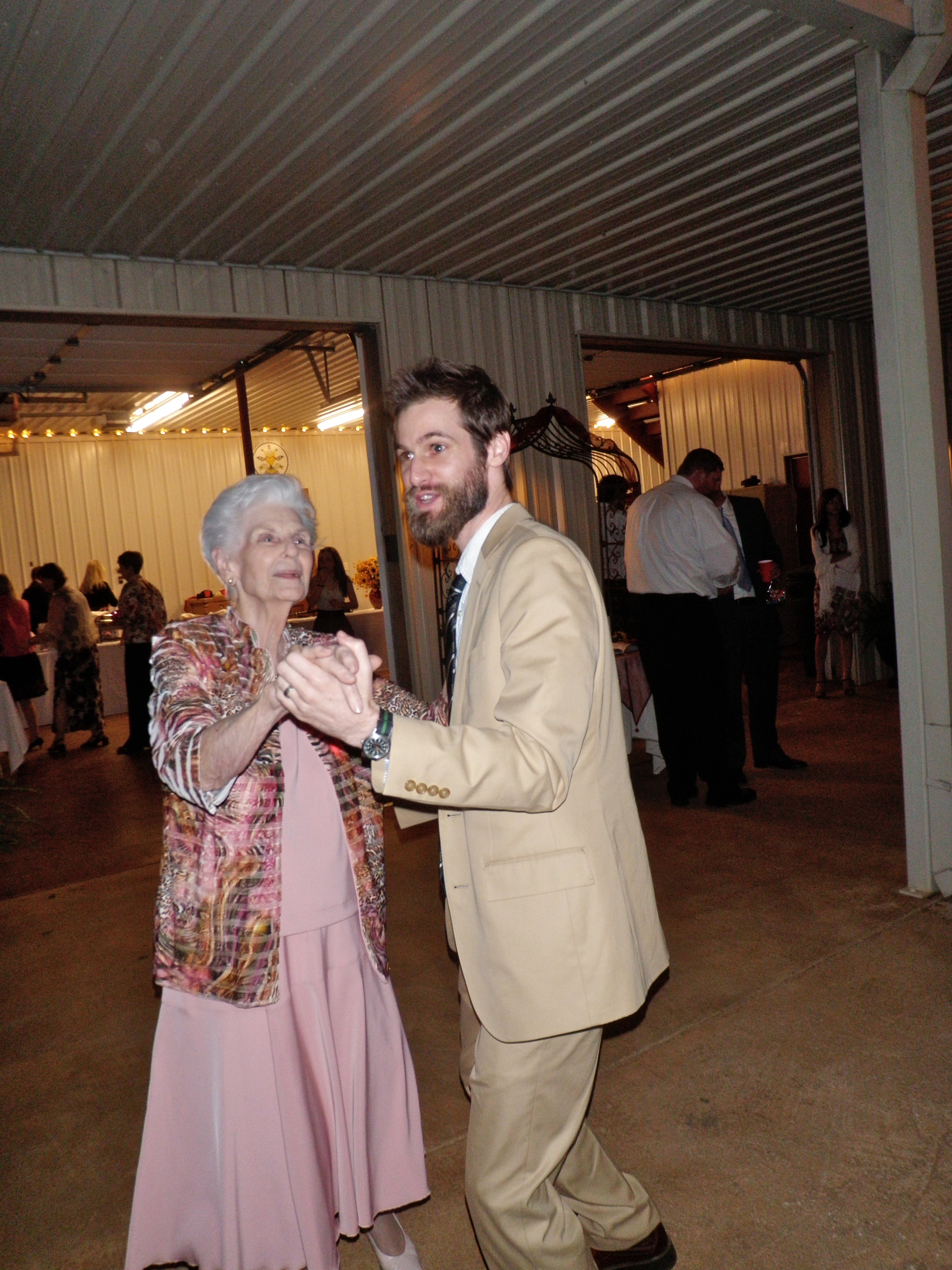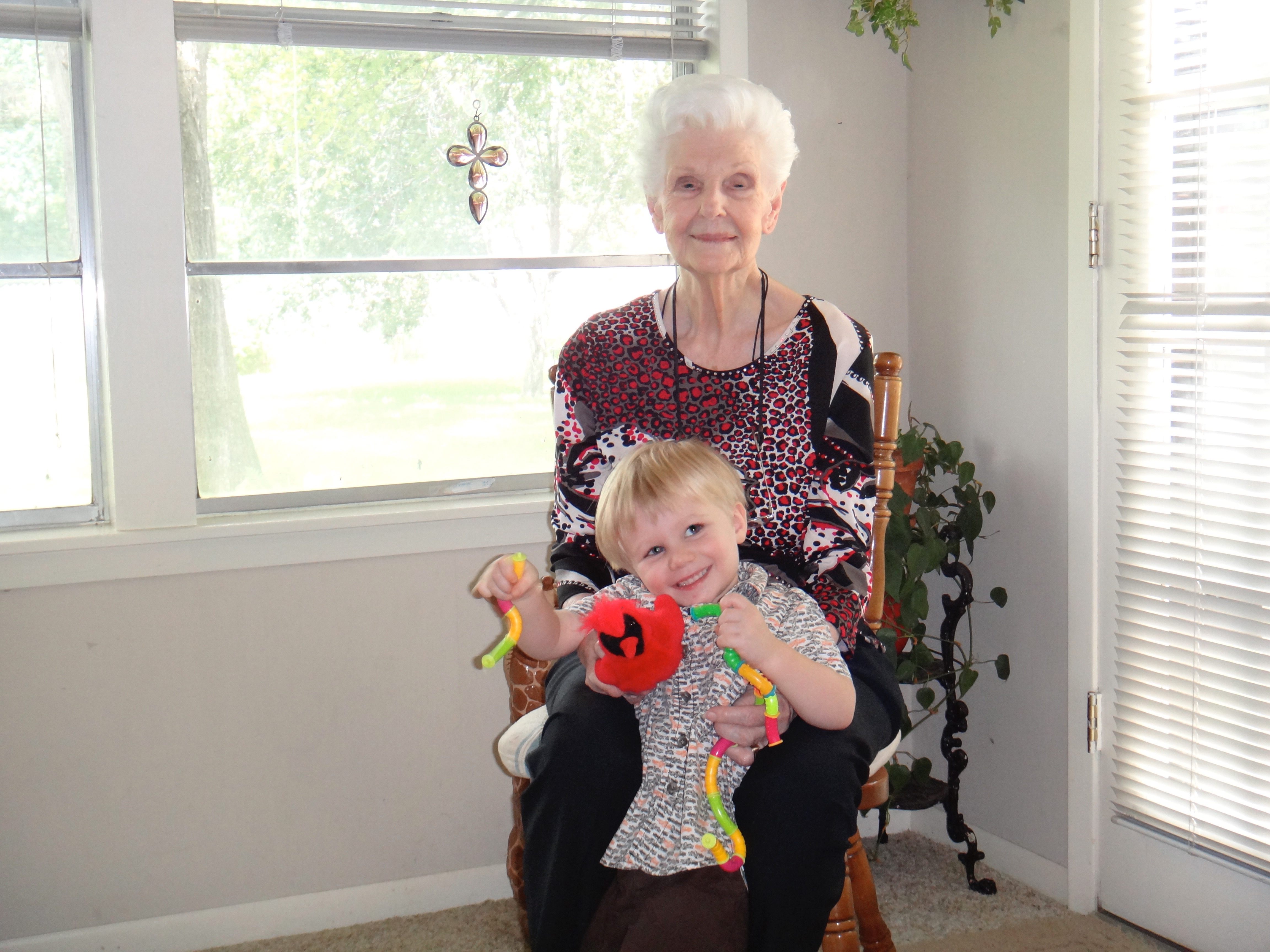For several years I’ve been vexed with the question, “How do I add more of a spiritual element into the day-to-day life of my family?” I’ve tried to implement holy habits. I do this myself. Why can’t I whip all of us into shape? I’ve bought family devotional books for inspiration. When I homeschooled our oldest, we prayed “Daily Devotions for Individuals and Families,” out of The Book of Common Prayer before each morning lesson. We’ve prayed around the dinner table with fits and starts. Our night time routine may be the most consistent. All of these disciplines begin well enough, but they don’t last more than a day or two until I find the where-with-all to try it again. At night, I keep myself awake thinking unhelpful thoughts, I’m not doing a very good job of showing my kids how to pray or have a meaningful relationship with God. These thoughts manifest into extreme (spiritual) daddy guilt.
I’ve decided, or rather my kids have decided, (or better, God has decided) that enough is enough. I’ve been approaching the spiritual life of my family all wrong, and asking the wrong questions. My kids have shown me that I can’t add more to what’s eternal, and what’s eternal is the spiritual. The everyday is the lesson (if we can even call it a lesson). Perhaps recognizing the spiritual in the everyday is simply a lifestyle. It’s not my role to add anything. Instead, it’s my job to gracefully respond to life with intentionality, compassion, and love by myself, in my work, and in front of my kids.
Habits are built into the everyday, making them holy is finding gratitude within them. Last week, I wrote about our youngest son discovering and rediscovering the moon. That was a holy moment. After church on Sunday, our oldest shared the Bible story told in his Godly Play classroom. That was a holy moment. When we gathered around the table for Sunday lunch we each shared what we were grateful for, and our youngest said, “church.” Then our oldest shared what and how he prays each night. All I did was participate in my children’s God stories. They naturally recognized the Divine, and I simply gave them space in order for them to continue this life-long relationship.
A long time ago, Jesus said, “Let the little children come to me.” He said this after the adults blocked their pathway to him. He then shared that it is the adults’ responsibility to get out of the children’s way because it is children who are naturally curious, and curiosity is a gift from God. Do not hinder them when they want to meet the gift-giver, he could have said. And that’s it. Children intuitively understand that life is a gift. Each day is a miracle in the making. From now on my prayer is to rediscover God in the everyday. It’s a prayer my kids taught me, not by doing anything extra, but by being.
Thank you, God, for the gift of children. Help me to love them more by releasing them to you one miracle at a time. Amen.







 MawMaw and my son, Henry, in her sunroom
MawMaw and my son, Henry, in her sunroom